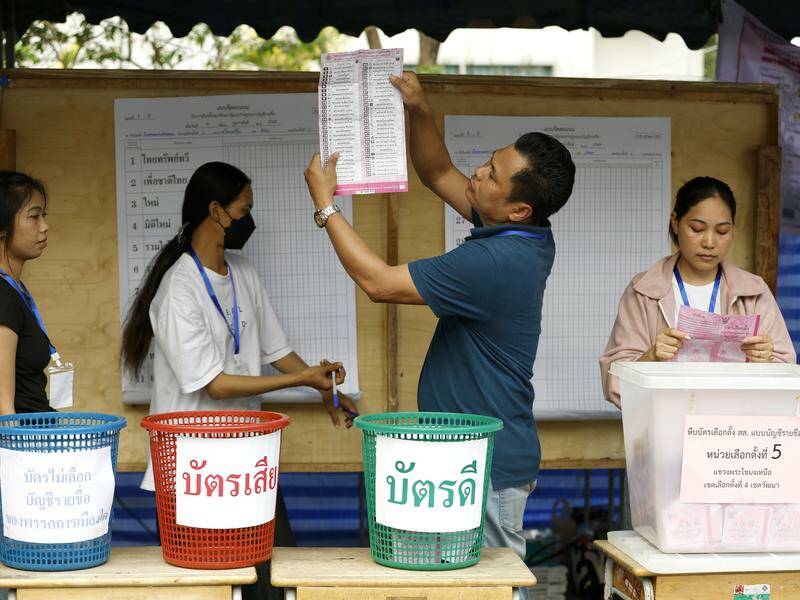
The German government has launched a significant crackdown on several Muslim organizations deemed threats to national security. This action responds to growing concerns over extremism following recent attacks linked to both Muslim and far-right groups.
The organization at the center of this crackdown, Muslim Interaktiv, is known for its effective online outreach, particularly aimed at young Muslims who may feel marginalized in Germany’s predominantly Christian society. The authorities argue that the group poses a unique threat by advocating for Islamic law to supersede German law, especially regarding social issues like the treatment of women.
German Interior Minister Alexander Dobrindt emphasized the government’s commitment to countering any group that incites hatred or undermines democratic values. “We will respond with the full force of the law to anyone who aggressively calls for a caliphate on our streets,” he stated. This declaration comes amidst broader efforts to combat extremism across the country, which have included banning several extremist organizations over recent years.
In addition to Muslim Interaktiv, investigations are underway against two other groups, Generation Islam and Reality Islam. Dobrindt highlighted that these organizations, much like Muslim Interaktiv, are seen as promoting intolerance towards gender equality and the rights of sexual minorities. He stated, “This expresses an intolerance that is incompatible with democracy and human rights.”
Authorities took decisive action on Wednesday, executing searches at seven locations in Hamburg and twelve additional sites in Berlin and the central state of Hesse. These operations were aimed at gathering evidence related to the ongoing investigations into the three groups.
The German government’s actions reflect a heightened focus on preventing the spread of ideologies that challenge democratic principles. The German Interior Ministry has expressed concerns that Muslim Interaktiv seeks to indoctrinate individuals and foster a generation of citizens opposed to the constitutional order.
In a report by the domestic intelligence service of Hamburg, it was indicated that the group’s leaders use social media to address pertinent societal issues, thereby exploiting a perceived sense of rejection by the political landscape towards the Muslim community. This strategy is seen as a method of cultivating resentment and creating “permanent enemies of the constitution.”
The recent crackdown underscores a growing resolve within the German government to tackle extremism in all its forms, reaffirming the nation’s commitment to uphold democratic values and human rights.







